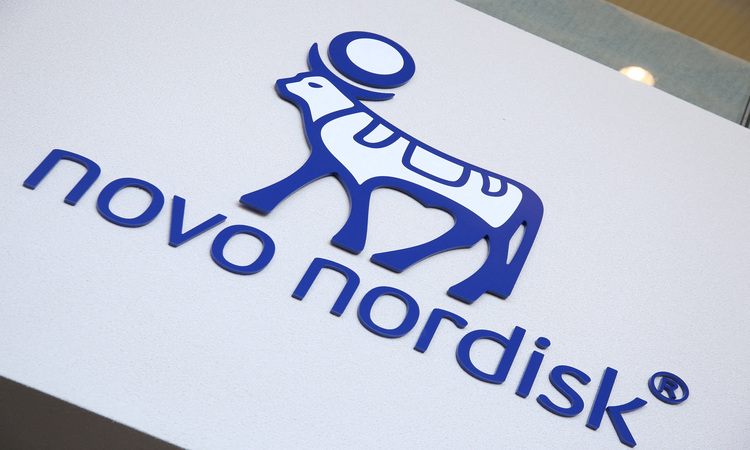Did you know that the worldwide biotechnology industry is expected to increase at a CAGR of 13.96% from 2024 to 2030, from a 2023 valuation of USD 1.55 trillion?
Within this rapidly growing field, small-cap biotech stocks are emerging as some of the most exciting investment opportunities. While large pharmaceutical companies tend to dominate headlines, small-cap biotechs are often responsible for revolutionary breakthroughs, offering investors significant growth potential.
But what exactly are small-cap biotech stocks, and why are they such attractive investment options? Let’s explore the details.
What Are Small Capital Biotech Stocks?
Small-capital biotech stocks refer to biotechnology companies with a market capitalization ranging between $250 million and $2 billion. These companies usually focus on developing innovative treatments, therapies, or medical devices that address pressing health issues.
Unlike large biotech firms, small caps are typically in the earlier stages of product development. They may have promising drugs in clinical trials but often haven’t yet achieved commercial success.
This innovation potential, coupled with the relative affordability of small-cap stocks, makes them appealing to investors looking for growth and willing to take on some risk.
- The Appeal of Small capital biotech stocks
It attracts investors for a few key reasons. First, they offer high growth potential. Because these companies are often involved in developing groundbreaking therapies, a successful drug or treatment can lead to significant stock price appreciation.
Second, they are more agile and able to pivot quickly compared to their larger competitors. Finally, many small-cap biotech companies are prime acquisition targets for larger pharmaceutical companies, creating opportunities for investors to benefit from buyouts. These companies often become top-performing biotech stocks for long-term investment, further increasing their appeal to investors.
Factors Driving Growth in Small Cap Biotech Stocks
Several key factors make these stocks a compelling investment, especially for those seeking higher returns.
Innovation in Medicine
Small-cap biotech firms are frequently at the forefront of medical advancement, investigating cutting-edge fields such as personalized medicine, gene therapy, and CRISPR technology. By providing therapies for illnesses that were previously thought to be incurable, these developments have the potential to transform healthcare completely.
For example, immunotherapy is being utilized to more precisely target cancer cells, while gene treatments are being explored to treat hereditary illnesses like cystic fibrosis.
By funding these businesses, investors can contribute to groundbreaking advancements in medicine. A small biotech company’s stock can rise sharply when it successfully launches a novel medicine, providing early investors with large returns.
Partnerships and Acquisitions
One can look for the best small cap biotech firms which often form partnerships with larger pharmaceutical companies to co-develop drugs or secure funding for clinical trials. These partnerships not only provide capital but also open doors for potential acquisitions. Larger firms are constantly looking for innovative companies to acquire, which can result in substantial gains for investors.
A prime example is Celgene’s $9 billion acquisition of Juno Therapeutics in 2018. Juno, a small-cap biotech focused on cancer immunotherapy, saw its stock skyrocket after the acquisition. Partnerships and acquisitions make these stocks particularly appealing.
FDA Approvals
One of the most significant milestones for any biotech company is receiving FDA approval for a drug or treatment. Small cap biotech companies can see massive stock price increases following successful clinical trials or FDA approvals.
While the FDA approval process is long and rigorous, a successful outcome can transform a small-cap company into a major player in the industry, making FDA approval a key driver of growth.
Market Demand for New Treatments
The demand for innovative treatments is higher than ever, driven by aging populations and the increasing prevalence of chronic diseases. Small-cap biotech companies frequently develop remedies for unmet medical needs, like rare diseases or ailments that don’t improve with current therapy.
For instance, companies developing mRNA vaccines or novel cancer treatments meet the growing demand for more effective healthcare solutions. As these companies develop drugs that address niche healthcare problems, they create a significant growth opportunity for investors.
Growing Healthcare Demand
The global healthcare industry is rapidly expanding, and the need for more advanced medical solutions comes with it. This growth creates a favorable environment for small-cap biotech companies to thrive, especially those focusing on personalized medicine, immunotherapy, and gene editing technologies.
Strong Pipeline of Products
One crucial factor differentiating successful small-cap biotech companies from others is the strength of their product pipeline. A diversified pipeline means that even if one drug fails to gain FDA approval, the company has other potential products in development.
Companies with multiple drugs in various stages of clinical trials are better positioned to succeed in the long run, making them attractive to investors.
Technological Advancement
Advancements in technology, such as AI-driven drug discovery and CRISPR gene editing, are accelerating the development of new therapies. The best small-cap biotech firms, which tend to be more agile and innovative than their larger counterparts, are often the first to adopt and benefit from these advancements.
The use of AI and machine learning to predict drug success and optimize clinical trials is transforming the biotech industry, offering small-cap companies the tools they need to innovate faster.
Risks Associated with Small Capital Biotech Stocks
- High Volatility: Stock prices can fluctuate dramatically based on clinical trial results, FDA approvals, or setbacks, making these investments highly unpredictable.
- Capital Intensive: Research and development require significant funding, which can drain financial resources and lead to cash flow challenges if additional funding is not secured.
- Regulatory Risks: The lengthy and complex FDA approval process can delay drug launches or result in rejection, affecting the company’s prospects and stock value.
Conclusion
Small-capital biotech stocks present significant growth potential through innovation, partnerships, and a strong pipeline of products. Investors wishing to navigate this industry must make informed decisions because they face inherent risks such as volatility and regulatory difficulties.
Follow ABBO News for the latest updates and insights on the best small cap biotech stocks and industry trends.










